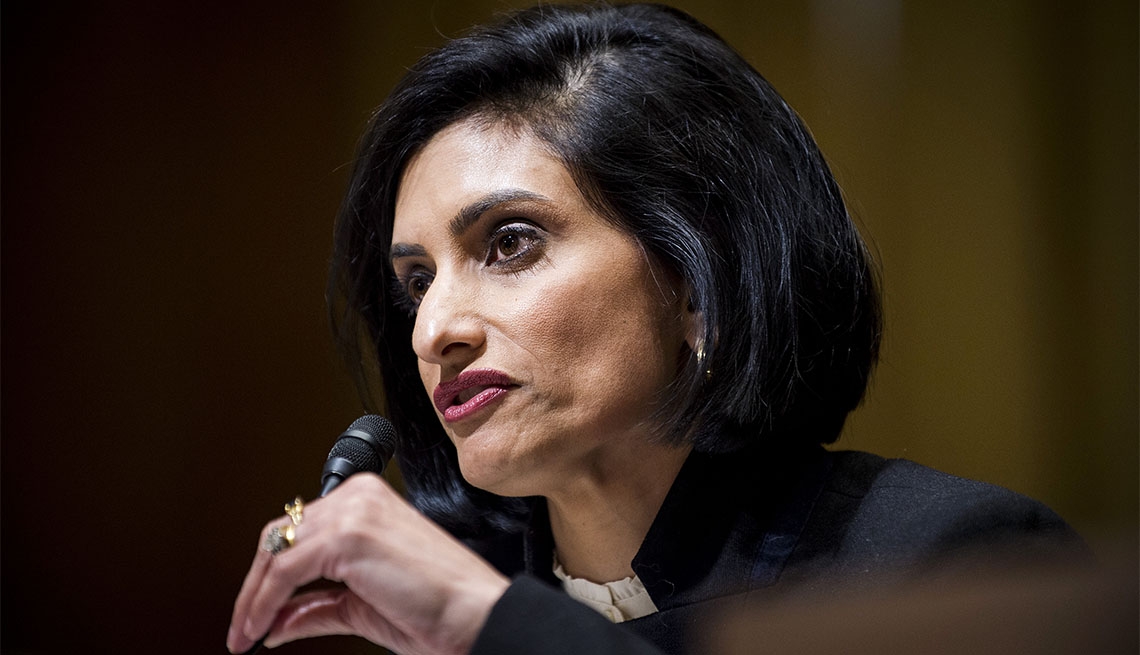
Cms chief seema verma discusses the future of medicare
- Select a language for the TTS:
- UK English Female
- UK English Male
- US English Female
- US English Male
- Australian Female
- Australian Male
- Language selected: (auto detect) - EN
Play all audios:
FAMILY CRISIS FUELS PASSION FOR REFORM For Seema Verma, easy access to medical records is more than just something she believes in; it’s personal. Just a few months after she became the CMS
administrator, her husband, Sanjay Mishra, a child psychiatrist, and their two children were in the Philadelphia airport en route to their home in Indiana. Verma was in Boston, on her way
back to Washington. “My daughter called me, and it was that call you dread,” Verma said. “She said, ‘Mom, Dad is passed out.’ ” He wasn’t breathing, and the paramedics needed to know if he
had any health conditions. It brought home to Verma how important it is that people have ready access to their medical history and records. “Luckily for him, by God’s grace, he collapsed at
the feet of a woman who was a nurse.” That bystander began CPR, but Mishra had to be shocked with a defibrillator six times before he began breathing on his own. The good news is that
doctors figured out he had a heart blockage and fixed it. But the frustration didn’t end there. When Verma asked for her husband’s medical records to share with his physicians in Indiana,
all she received was a CD that included only the heart procedure. “It was a real eye-opener,” Verma said. “It’s not fair to patients that they are often in the dark or not empowered. It’s
their data. They should be able to have it.” John Finnell, M.D., a board member of the American College of Emergency Physicians, wasn’t surprised to learn what happened to Verma’s husband.
Most patients, he said, “aren’t aware that we don’t have access to other medical records.” Verma envisions a system that starts building a medical record for patients from the time they are
born and that documents every care event. And it’s technology that people could carry around in their phones. “Doctors would be able to take that information and not have to repeat tests,”
she said. In states like Indiana, where Finnell practices, there are health information exchanges that give physicians access to the state’s medical records. The Strategic Health
Information Exchange Collaborative includes 70-plus such state and city health exchanges, covering more than 200 million Americans. Verma said such databases “could really push the new
generation of research coming out with more cures and more personalized treatment.”